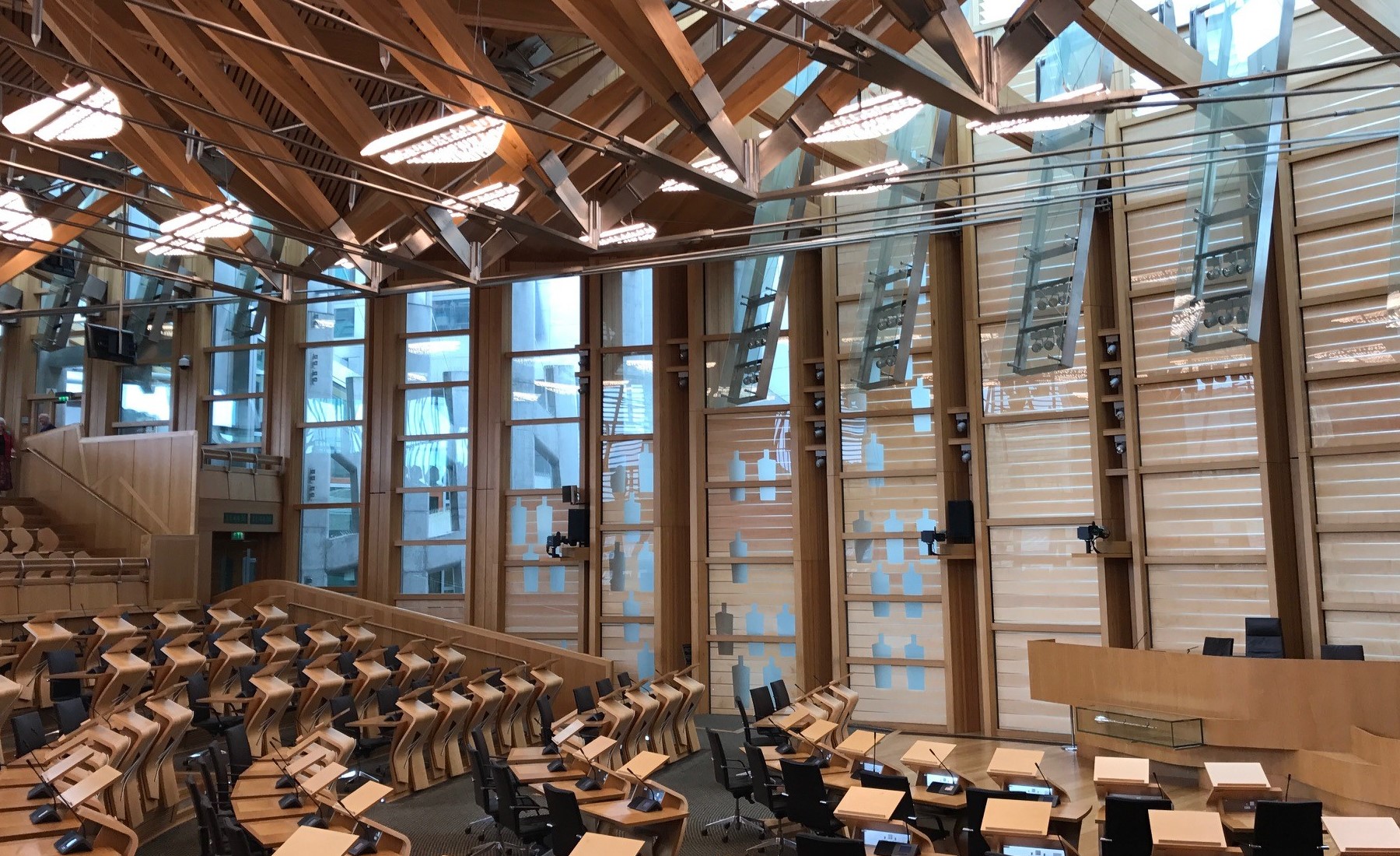Global risk report shows businesses need strong leadership and resilience
The World Economic Forum has informed the world of its annual risk report findings which highlighted what to expect over the next two to 10 years.
The Global Risk Report explores some of the most severe risks we may face over the next decade, against a backdrop of technological advancements, economic uncertainty, a warming planet and conflict. When working together becomes difficult, and economies and societies are not doing well, even a minor problem can push them past the point where they can bounce back easily.
The report is not the most positive outlook, but we have an opportunity to use this insight to prepare, mitigate risks, scenario plan for events and engage our people.
Top five risks (short term, up to 2 years)
- Misinformation and disinformation (moves to no.5 in the 10-year risk list)
- Extreme weather events (moves to no.1 in the 10-year risk list)
- Societal polarisation (moves to no.9 in the 10-year risk list)
- Cyber security (moves to no.8 in the 10-year risk list)
- Interstate armed conflict (does not feature on 10-year risk list)
The short- and longer-term outlooks are quite different. When you read the data, the differences in how important people see the need for urgent action suggest that there's not enough agreement in decision-making. This increases the chances of not recognising crucial times to step in, potentially leading to lasting changes in the earth's systems.
False information - number one problem
Focussing on the number one problem in the next two years, false information, whether intentionally or unintentionally spread, this could make the gaps between diverse groups of people and political opinions even bigger. Artificial intelligence could play a role of escalation and society may be none the wiser.
In 2024, around three billion people will vote in elections in 50 countries, including Bangladesh, India, Indonesia, Mexico, Pakistan, the United Kingdom, and the United States. If a lot of false information is spread during these elections, it could arm the wrong people and could make people doubt new governments. This might lead to unrest and even more serious issues like civil conflicts and terrorism.
Planning and preparation
The role of public relations and communication is a vital one, especially when it comes to weighing up reputational risk, identifying issues and potential crises. Businesses should focus on strategies that address public concerns and encourage two-way conversations between political stakeholders, businesses and communities. This includes internal and external communication.
Businesses need solid communication policies, well trained teams and robust issues and crisis plans to help mitigate the risk of spread of misinformation.
Training people in how to spot misinformation is a great start, to ensure they know how to fact check sources and the impact liking and sharing content can have without knowing it’s true.
Approvals processes internally are important for more than one person to be allowed to approve communication content and the opportunity to spot anything someone else might have missed.
Thought through and rehearsed issues and crisis plans could be the difference between here today and gone tomorrow. They should be revisited regularly and learnings applied to the approach.
Governments, businesses, organisations and society all have an opportunity to collaborate to help ensure everyone plays a part, and a more local/targeted approach will help focus on what matters. Sharing successes will help others follow.
You can download the full report: Preface - Global Risks Report 2024 | World Economic Forum (weforum.org)
More from the 3x1 blog
Will Kemi Badenoch be the next prime minister?
Programme for Government analysis: a lack of ambition for Scotland
Award-winning, results driven strategic communications for the public, private and third sectors, from corporate and consumer PR to employee engagement.
Invaluable insight and intelligence from across the Scottish and UK political landscape and professional advice on engaging influential stakeholders.
Creative, engaging and measurable digital and social media marketing that drives online conversations, builds brand loyalty and generates sales.





